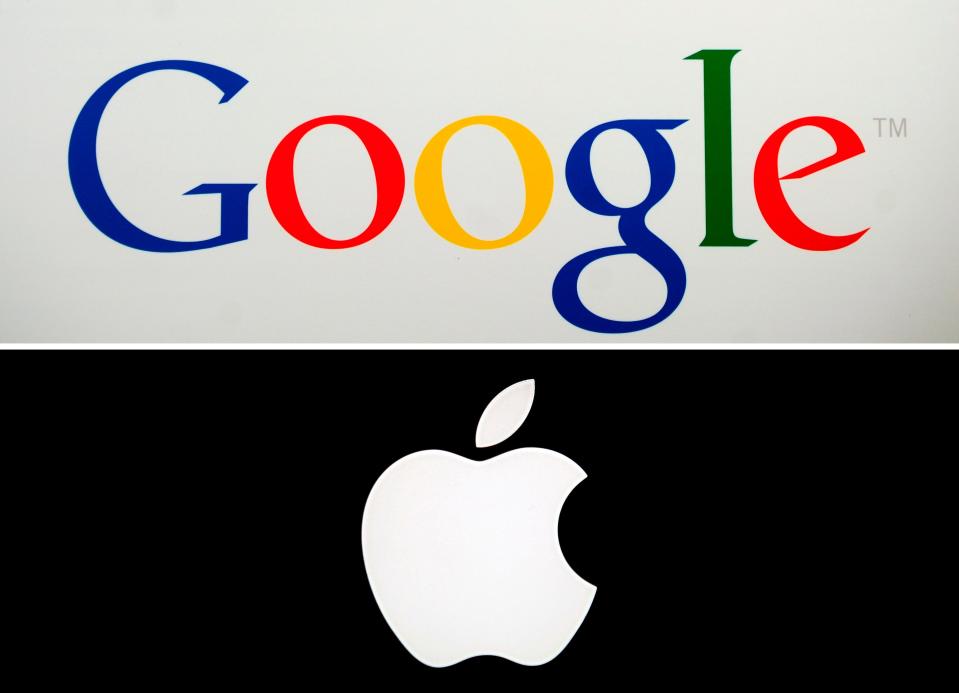Take my location data, please, Apple and Google, but only until we beat the coronavirus
There hasn’t been a “techlash” in the wake of the coronavirus outbreak — in fact, quite the opposite. Who would have imagined two competing tech giants, Google and Apple, working together on a project to track people’s movements, and an overwhelming majority of Americans actually being in favor of it? Yet this is exactly what we’re seeing in the public response to coronavirus tracing software currently under development.
As a privacy advocate and CEO of an online privacy company, even I think a responsibly developed contact tracing application is the right move. Just because you’re in favor of stricter data privacy laws doesn’t mean you have to be against all uses of personal information at all times. There’s always room for the judicious and transparent use of personal information for the greater good — and fighting a global pandemic certainly qualifies.
Americans’ views around privacy have shifted dramatically since the onset of the COVID-19 crisis. In 2019, an Axios-Harris Poll found that 69% of Americans considered data privacy to be the number one social issue that tech businesses should solve, while only 17% approved of their current performance. What a difference a year makes. A recent Harris Poll taken during the COVID-19 crisis found that the vast majority of Americans (81%) approve of large tech companies helping to trace contacts that users may have had with people with the virus. With the pandemic upending the lives of every American, it seems like privacy is understandably the last thing on everyone’s mind.
Greater safety with reasonable privacy
Fortunately, if you believe what the tech giants have said (and I do on this specific matter), you won’t have to choose between a reasonable degree of data privacy and greater safety from COVID-19. The technical details shared by Apple and Google point to an earnest and thoughtful implementation with privacy at the forefront.
For example, the system will not store our location information, rather it will track how individuals’ paths cross with those infected with the virus, using our local Bluetooth signals rather than GPS. The system is fully opt-in and only public health authorities will be able to see anonymous Bluetooth beacon data for those who have tested positive for COVID-19.

The risks to the tech giants of breaching the public’s trust, in particular around an issue as monumentally important as solving the COVID-19 crisis, far outweigh any near-term benefits that they might reap by hiding the ball. Apple and Google stand much more to gain in the long run by doing this the right way and appearing to be among the white knights as this tragic saga unfolds.
An app for that: Coronavirus phone tracing by Apple and Google could help America reopen
This is not to say we should stop caring about all kinds of privacy or give tech companies free rein across the board. It is not unreasonable to be a bit concerned about the slippery slope that this creates, both within the tech giants’ walls and, more importantly, in the forum of public opinion. Consumers and policymakers could easily lump all uses of personal information into the same bucket, concluding that privacy should be completely on hold until we’ve cracked COVID-19. But that would be a huge mistake.
No retreat from privacy victories
We continue to see a torrent of misuses of personal information that have nothing to do with the current crisis, like the ways in which our personal data is being bought and sold by hundreds of data brokers and shady people-search sites on a daily basis without our knowledge. It’s important that policymakers not use COVID-19 as an excuse to slow down privacy regulations and enforcement, as most of those regulations are unrelated to the pandemic. Public and private sectors should focus on Americans’ health, but we shouldn’t retreat from the hard-fought privacy battles that have already been won.
Incentivizing good behavior: How to get millions of people to take coronavirus tests and stay home if they're positive
For example, my state recently passed groundbreaking legislation, the California Consumer Privacy Act, to rein in Big Tech. The law was designed to help consumers take back control of their data and how big companies are using it. California Attorney General Xavier Becerra recently said the state will start enforcing the act July 1 as planned regardless of the pandemic, which I heartily applaud. Fighting COVID-19 has little to do with the vast majority of existing and proposed privacy regulations.
To be sure, it won’t be easy walking the fine line between stomping out malicious misuses of personal data, while allowing for well-intentioned and purposeful uses that promote public health. As we strive to safely re-open our economy, the intelligent and measured use of technology, including a very limited amount of personal information, will prove to be one of our aces in the hole. Apple and Google can have my data … for now.
Rich Matta is a data privacy advocate and chief executive officer of ReputationDefender, a global digital privacy and online reputation management firm. Follow him on Twitter: @richmatta
You can read diverse opinions from our Board of Contributors and other writers on the Opinion front page, on Twitter @usatodayopinion and in our daily Opinion newsletter. To respond to a column, submit a comment to letters@usatoday.com.
This article originally appeared on USA TODAY: Coronavirus is a good reason to share location data: Privacy advocate

